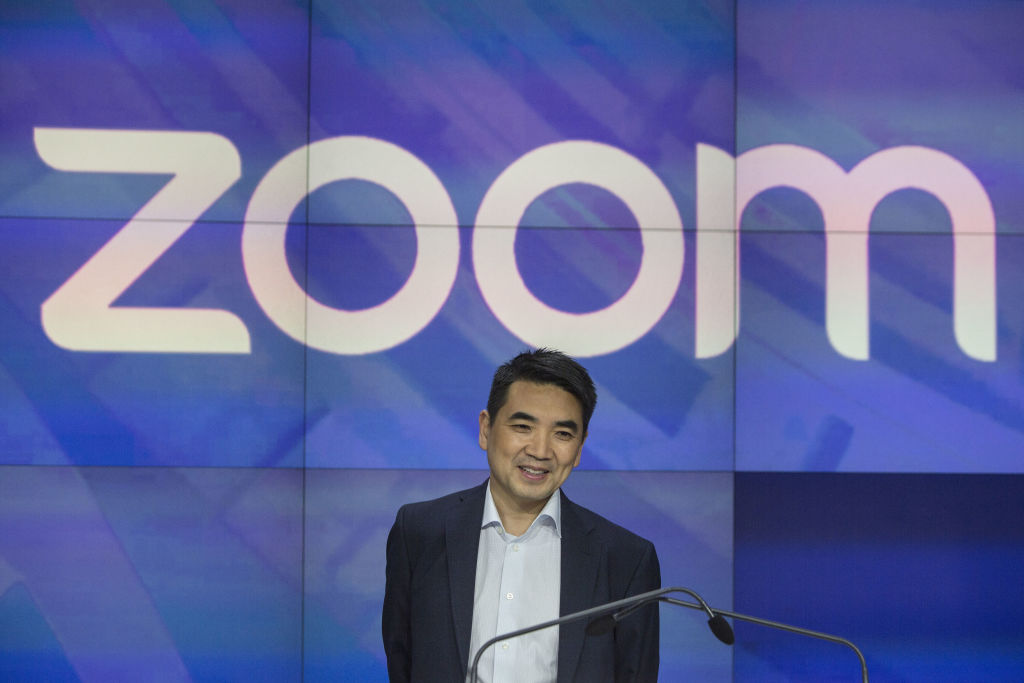Innovating for Tomorrow – The Digital Shift in Business Thinking


Technology continues to redefine how businesses grow and compete. Every organization faces the challenge of staying relevant in a world driven by digital systems, smart tools, and fast-changing customer expectations. Success now comes from the ability to use information intelligently and make quick, confident decisions. Innovation has become the core of modern business, guiding every process from strategy to customer connection.
A digital-first mindset encourages companies to think forward, not backward. Leaders who focus on innovation view technology as a partner in decision-making rather than a mere tool for efficiency. As digital ecosystems expand, the future of business will rely on insight, creativity, and adaptability working together to shape progress.
Using Intelligent Insights
Modern organizations are moving toward strategies driven by intelligence and awareness. Intelligent insights support smarter decisions, helping leaders understand shifting markets, evolving customer needs, and performance gaps before they become challenges. Strong insight systems driven through analytics allow a company to react faster and plan with confidence.
Using business analytics to guide modern business strategies means connecting information with action. Businesses that interpret data effectively can uncover patterns, predict opportunities, and shape their goals with accuracy. Intelligent analysis creates a sense of direction, turning raw information into meaningful guidance that supports growth and innovation.
Culture of Continuous Innovation
Innovation thrives when curiosity is valued. A culture that rewards exploration and fresh ideas brings out the best in people and strengthens the entire organization. Team members who feel trusted to experiment often discover new solutions that drive efficiency and creativity. An open approach to innovation builds resilience and helps companies adapt naturally to new challenges.
Leaders play an essential role in maintaining this environment. Encouragement, recognition, and shared purpose turn innovation into part of daily work rather than a separate initiative. When creative thinking becomes a habit, progress follows naturally, and the organization stays ready for the future.
Emerging Technologies and Business Agility
Emerging technologies are essential for adaptability in modern business. Artificial intelligence, automation, and advanced analytics allow organizations to adjust quickly, simplify complex operations, and enhance overall responsiveness. Businesses that welcome technological progress often find themselves more flexible and capable of meeting customer expectations with precision.
Adopting modern technology builds confidence across teams. Faster communication, smarter workflows, and improved collaboration all contribute to stronger agility. The companies that evolve alongside new technology continue to grow even when markets shift or competition intensifies.
Changing Pace of Digital Transformation
Digital transformation has become a constant process instead of a single event. Businesses must continuously adjust to new platforms, customer behaviors, and operational expectations. True adaptability requires a willingness to learn, unlearn, and evolve while keeping long-term goals in focus.
Organizations that willingly accept change stay competitive. Every innovation, no matter how advanced, still depends on people who understand how to use it effectively. A steady pace of transformation encourages growth without disruption, creating an environment where progress feels natural and sustainable.
Reimagining Leadership for a Tech-Driven Environment
Leadership in today’s world demands more than management skills. Leaders must understand technology, communicate vision clearly, and inspire confidence through adaptability. Decision-makers who stay informed about digital trends are better equipped to guide teams through change and uncertainty.
Strong leaders view technology as a way to empower rather than control. They focus on people and progress, building teams that feel capable and informed. Effective digital leadership encourages cooperation across departments, so that innovation remains aligned with the organization’s purpose and values.
Rethinking Productivity Through Smart Technology
Productivity today focuses on working intelligently rather than doing more in less time. Smart technology allows teams to automate repetitive tasks, organize resources effectively, and prioritize goals that drive real results. Employees gain time to focus on creative, high-value work that supports growth and innovation.
Well-designed digital systems improve collaboration and reduce unnecessary barriers between departments. When technology supports clarity and teamwork, the overall workflow becomes smoother and more efficient. Smart tools transform productivity into a thoughtful process centered around purpose, precision, and shared progress.
Encouraging Creative Thinking
Innovation begins when people view technology as a tool for exploration rather than a strict structure. Teams that approach new systems with creativity often discover practical ways to solve long-standing challenges. Encouraging experimentation promotes confidence, adaptability, and curiosity across every level of an organization.
Moreover, open-minded adoption helps uncover hidden opportunities within technology. When employees are empowered to test new ideas, they develop solutions that align with company goals while improving day-to-day processes. A creative approach to technology turns implementation into innovation and helps organizations stay ahead of the curve.
Strengthening Digital Connectivity
Teams perform best when communication and access flow without barriers. Digital connectivity links departments, tools, and ideas into a unified system that supports seamless teamwork. Collaboration improves when information is available in real time and shared through reliable, integrated platforms. Strong connections help employees make faster decisions and maintain alignment with organizational goals.
Likewise, connected systems encourage inclusivity by allowing remote and hybrid teams to work as one. Clear communication fosters trust, reduces confusion, and supports innovation across the company. When collaboration thrives, creativity follows naturally, and progress becomes a shared achievement.
Sustainable Growth Through Continuous Innovation
Lasting success depends on steady innovation that evolves with market needs. Businesses that commit to improvement rather than short-term wins maintain their momentum even during periods of uncertainty. Continuous innovation focuses on adaptability, making it possible to adjust strategies without losing direction.
Sustainability in growth comes from combining smart technology, insight-driven planning, and creative problem-solving. Organizations that keep improving their systems and approaches remain resilient as the world changes. Growth becomes a consistent outcome of curiosity, learning, and forward-thinking leadership.
Redesigning Traditional Models for the Digital Economy
Business structures that once worked effectively now require transformation to keep up with the digital economy. Modern markets reward companies that value speed, adaptability, and customer understanding. Traditional systems often slow progress because they were built for stability rather than agility. Redesigning those frameworks brings flexibility and renewed focus on innovation.
New business models often combine collaboration, smart technology, and real-time insights. Teams gain a clearer understanding of performance and can adjust strategies before challenges escalate. Adopting flexible digital frameworks keeps organizations competitive in an economy where change is constant and opportunity never waits.
Innovation drives the future of business, and the digital shift has turned insight, adaptability, and creativity into essential strengths. Companies that understand how to use intelligent systems and empower their people will continue to grow with confidence. Every transformation begins with an open mind and a willingness to think differently. Progress belongs to those who are ready to evolve, explore, and lead with purpose in a world shaped by technology.
The post Innovating for Tomorrow – The Digital Shift in Business Thinking appeared first on Entrepreneurship Life.
























































